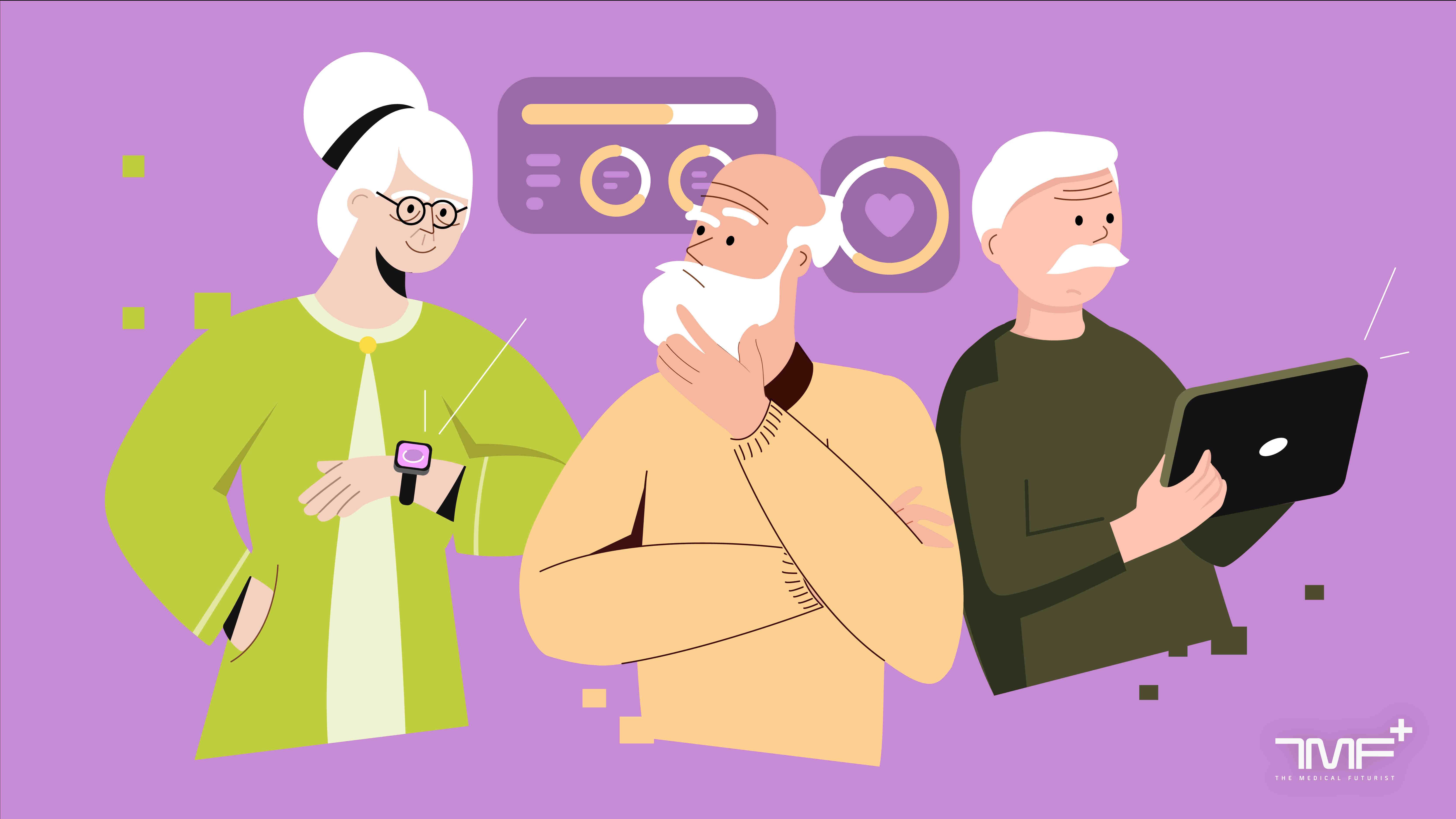
@ShahidNShah


With finding good selling points (like independence), we can make our elderly motivated to use health tech. These wearables are most beneficial for seniors.
Read on medicalfuturist.com
The perception that digital health technologies are not designed for older adults contradicts their potential benefits, such as health monitoring and reminders for medication or hydration. The willingness of older adults to use such technologies is closely linked to their attitudes and beliefs in the technology's usefulness and their own ability to use it. Overcoming obstacles like the current focus on younger customers, usability issues, lack of consideration, and budget constraints is crucial.
The essay emphasizes the need to find compelling selling points to engage elderly individuals in adopting digital health devices. While acknowledging the setbacks, it stresses the importance of altering attitudes toward technology among older populations. The author suggests that making older people want these devices could significantly transform the situation.
The essay illustrates this point by sharing a scenario involving Peter and Klara, elderly parents who received an emergency wearable. Klara embraces the device, while Peter, citing forgetfulness, does not consistently use it. The study highlights that perceived usefulness and ease of use significantly influence attitudes toward digital health technologies. Tech literacy plays a key role in fostering positive attitudes.
The essay advocates for finding persuasive selling points, such as promoting prolonged independence, to encourage the elderly to use digital health devices. Aging in place is identified as a crucial goal for older adults, supported by a survey showing that an overwhelming majority consider it important. The primary reasons for using assistive technologies are ease of use, easy setup, mobile app accessibility, and wireless functionality.
However, the essay also raises concerns about the invisibility of the elderly in the design and analysis of digital health technologies. A scoping review indicates a lack of attention to the digital health literacy of older adults in the current literature. The authors identify drivers of old-age digital health exclusion, including structural, environmental, socio-technical, and individual factors. While individual attitudes are discussed in detail, structural and environmental drivers can be addressed through policymaking and improvements in technological infrastructure.
In conclusion, the essay argues for a shift in attitude and approach toward digital health technologies for the elderly. By understanding and addressing the barriers, promoting tech literacy, and emphasizing the benefits, it suggests that technology can greatly enhance the lives of older adults and support their goal of aging in place.
Continue reading at medicalfuturist.com
Tom Hallisey, digital health strategy lead at Columbia Memorial Health, previews his presentation at the HIMSS AI in Healthcare Forum next month, describing rollout best practices and discussing ways …
Posted Nov 22, 2023 Healthcare Artificial Intelligence
Connecting innovation decision makers to authoritative information, institutions, people and insights.
Medigy accurately delivers healthcare and technology information, news and insight from around the world.
Medigy surfaces the world's best crowdsourced health tech offerings with social interactions and peer reviews.
© 2025 Netspective Foundation, Inc. All Rights Reserved.
Built on Jul 18, 2025 at 12:24pm